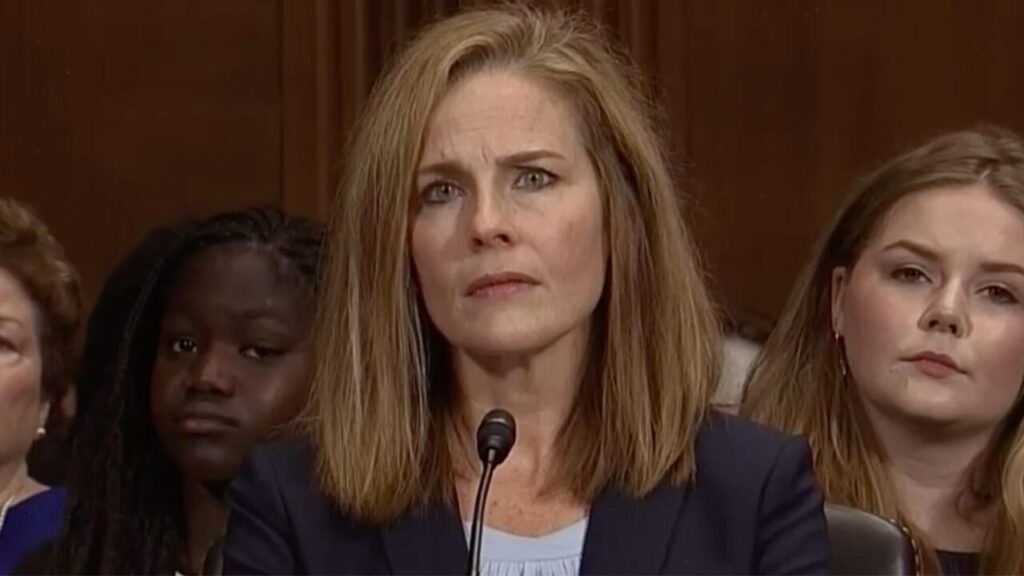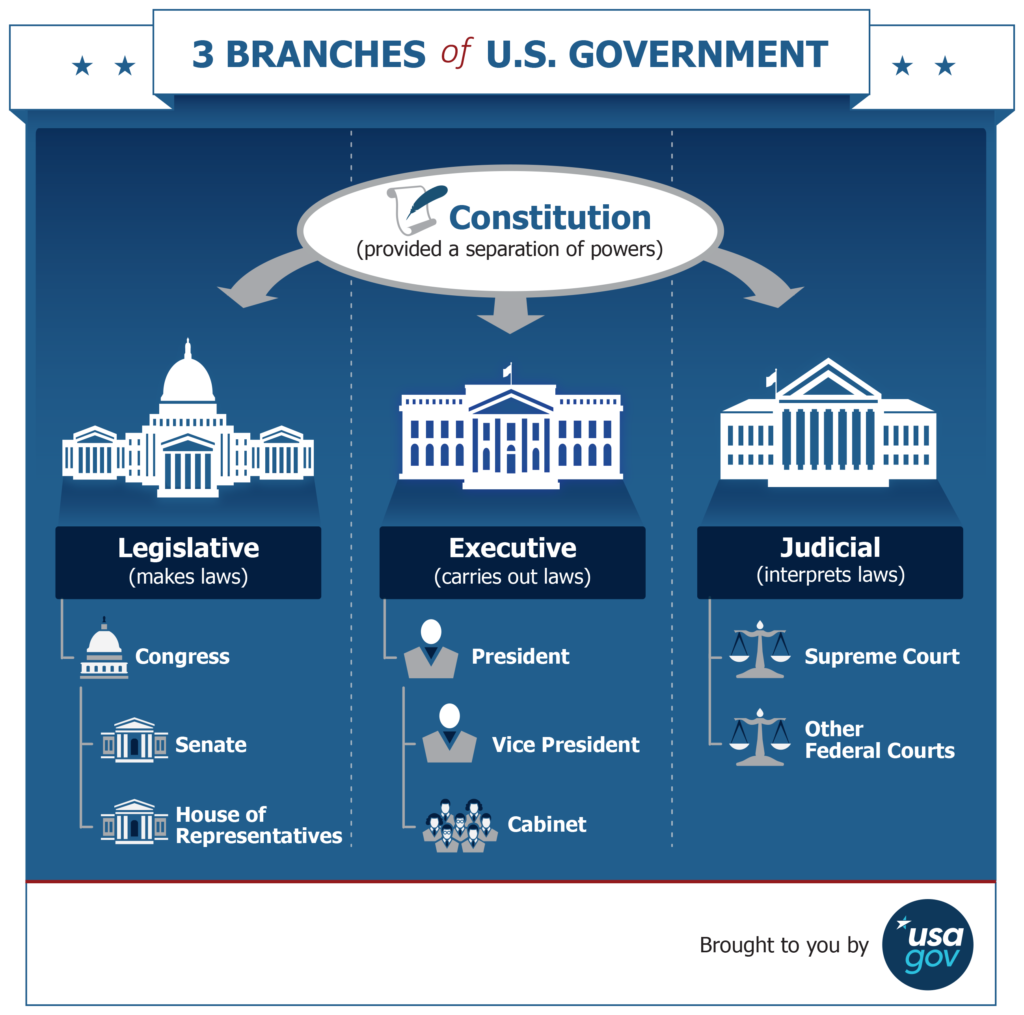
As I read Ilya Shapiro’s Opinion piece at cnn.com, I was struck by two paragraphs that I think get to the heart of the problem.
In the first, he says, “In a country ruled by law, the proper response to an unpopular legal decision is to change the law or amend the Constitution. Any other method leads to a sort of judicial abdication and the loss of those very rights and liberties that can only be vindicated through the judicial process.”
What he says is absolutely true, and is the intent of the structure of our constitutional republic: elected officials throughout the nation write laws in accord with the wishes of the people who elect them. The laws either stand as constitutional or are challenged as unconstitutional. If challenged and the judicial system determines that a law as written is in conflict with the constitution, it is upon those who wrote the law to either correct it so that it does not, or scrap the whole thing. If that entire process fails, then our elected officials can gather to debate whether to amend the constitution so such laws will fall in line with the document.
Shapiro’s very next paragraph speaks to the real problem though. “Nevertheless, given the expansion of federal power, and then the shifting of that power away from the people’s legislative representatives and toward executive branch administrative agencies, the judiciary affects public policy more than it ever did. And court decisions increasingly hinge on the partisan affiliation of the president who nominated the judges making them.”
Our legislators have grown lazy and have forfeited many of their responsibilities to the office of the president and his administration. “Laws” that should be written by Congress are rather rules that are being authored by an unelected administrative bureaucracy, and the legislature is too complacent to reign in the president’s ever-growing aggression. They’d rather posture and make big-splash oppositions to policies and problems they should actually be solving as the peoples’ representatives, all the while allowing quiet, under-the-table executive orders to sail through.

And so we find ourselves believing the battleground is in the courts. Supreme Court nominations have never been overly cordial, but they’ve also not been as rife with ill-intent and bad-faith actions as they have since the Bork nomination was torpedoed in the 80s. I’m not going to go into the “why” here (although I have my views on this) because my intent is to show that we wouldn’t even be at this point but for the weakness of the American legislative branch. Our nation works as a system of checks and balances, but when the most important branch gives up on its responsibilities, we find ourselves on the road to disaster.
The intent of our legislative branch is to have our laws debated and composed by representative citizens of every state – men and women who are directly accountable to the people of those states in a way that the administrative and judicial branches are not. The legislature passes the laws. The president only signs and enforces them. And if he doesn’t sign, the legislature has the power to overrule him — if they have the will to do so. Likewise, the judicial branch can throw out a law, but if the law is well-crafted and falls within the bounds of the constitution – the responsibility being that of the legislature – they too are powerless.
This is part of the beauty of the American system of government. But it only works when each of the branches acknowledges and works within its place.
I would not be worried about the Supreme Court nominee to tell you the truth. Shapiro leans toward putting some stock in the president who nominated each justice (and that, again, because that president is making the rules under this weaker legislative system), but regardless of what you might think about some of the court’s decisions, they have been the most fair and level-headed branch of government we’ve got. And honestly, we really shouldn’t be as worried about the president either. Congress has the ability to control him through the budget and the legislative process – they only need to step up and do their jobs.
What we really should be worried about then is the sorry state of our legislative branch – the branch of government that is most important, and yet apparently the least capable of working intelligently (and that says a lot considering where we stand right now). Our current president will be gone sooner or later. But if Congress does not right its ship, we are all in for a good sinking.

